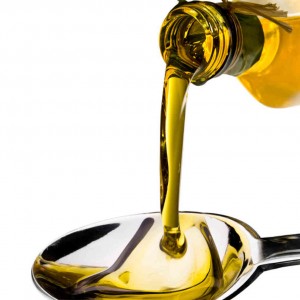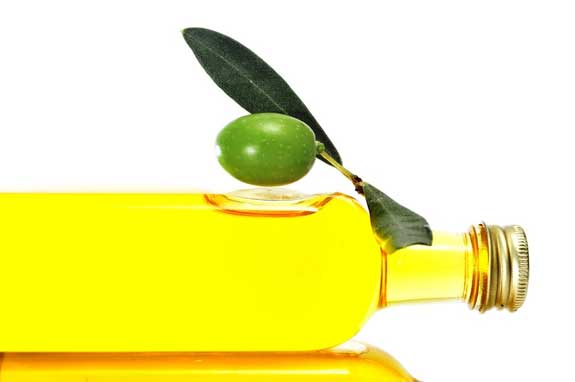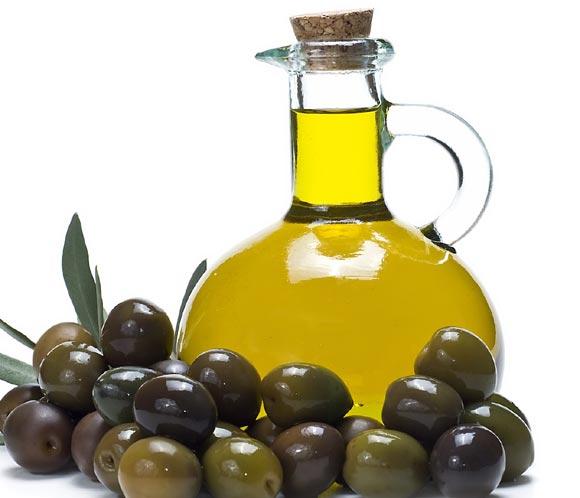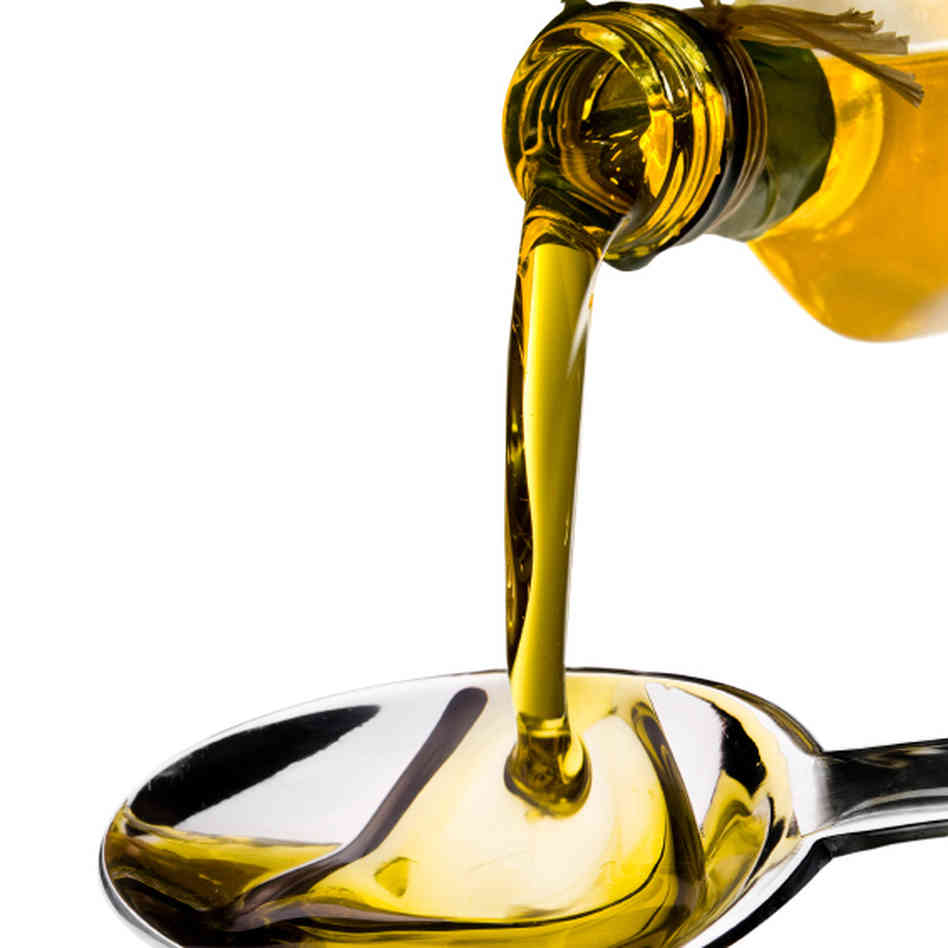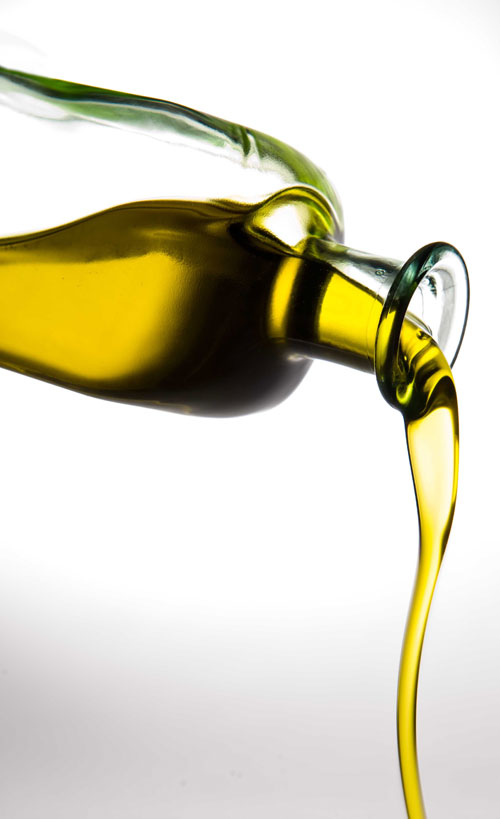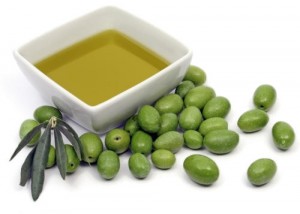The recommended quantity of extra virgin olive oil in our diet is a matter that concerns nutritionists, dieticians and consumers. It is known that evoo has multiple beneficial properties for health, but yet it is not determined which the recommended quantity of extra virgin olive oil in our diet is.
It is known that evoo is beneficial, but it is clear that an excess could be counter-productive. There are several theses in this respect; the most supported one by nutritionists and dieticians is that the recommended quantity of extra virgin olive oil in our diet should not exceeded three tablespoons per day.
Recommended quantity of extra virgin olive oil in our diet
This does not mean that we should consume those three tablespoons as a row ingredient. It is supposed that also the evoo used for cooking counts. Although three tablespoons are recommended, this does not mean that if we decide to reasonably increase that quantity, it is going to hurt us. There is no problem if instead of consuming three tablespoons we consume four. The evoo is very beneficial and there is no problem unless we exceed the quantity of six tablespoons. Then, the damage caused by the exceeding might appear. Continue reading
